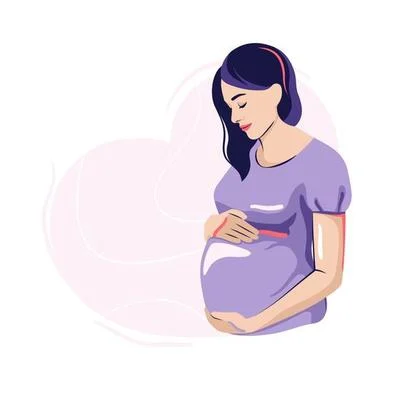Miscarriage is a topic that many people find difficult to discuss, yet it’s more common than you might think. Research indicates that approximately 10 to 25 percent of pregnancies end in miscarriage. Unfortunately, many couples endure this painful experience in silence, leading to a lack of awareness and understanding about the subject. Educating yourself about miscarriage can help navigate this challenging experience and remind you that you’re not alone. In this guide, we’ll cover what a miscarriage is, its signs and symptoms, the causes, and ways to cope with the emotional aftermath.
What Is Miscarriage?
A miscarriage refers to the spontaneous loss of a pregnancy before the 20th week. There are various types of miscarriages, each with specific characteristics:
- Chemical Pregnancy: This very early miscarriage occurs before 5 weeks of gestation when the embryo fails to properly attach to the uterine wall. Many women may not even realize they were pregnant, as this type accounts for up to 75% of all miscarriages. Symptoms like a missed period can lead to confusion, but the loss often happens so soon that it resembles a regular menstrual cycle.
- Missed Miscarriage: Sometimes called a silent miscarriage, this happens when an embryo or fetus dies, but the body does not recognize the loss. The placenta may continue to produce hormones, leading to persistent pregnancy symptoms, though some women may notice a decrease in symptoms or experience a brownish discharge.
- Threatened Miscarriage: This occurs when there are signs that a miscarriage may happen, typically during the first trimester. Symptoms include vaginal bleeding and abdominal cramps, while the cervix remains closed, and a heartbeat is still detected. If diagnosed, doctors usually recommend pelvic rest.
What Does Miscarriage Feel Like?
The emotional and physical experience of miscarriage can vary greatly. Physically, some women may experience cramping and bleeding. Emotionally, the feelings of loss and grief can be profound, often requiring time and support to process.
What Causes Miscarriage?
Miscarriages can occur for various reasons, often due to chromosomal abnormalities in the fetus. Other factors may include hormonal issues, uterine abnormalities, or underlying health conditions. Lifestyle factors such as smoking, excessive alcohol consumption, and certain infections can also contribute.
Coping with Miscarriage
Coping with a miscarriage can be incredibly challenging. It’s essential to allow yourself to grieve and seek support from friends, family, or support groups. Resources like this one offer valuable information about pregnancy loss and emotional support.
If you’re looking for ways to move forward after a miscarriage, consider exploring options for future pregnancies. You might also be interested in learning more about home insemination kits, like those available from the top provider in the world, to help you on your journey. For more insights, check out this related post that dives deeper into pregnancy experiences.
Summary
Miscarriages are more common than often discussed, affecting many couples. Understanding the different types of miscarriages, their symptoms, and the emotional impact can help those experiencing this loss feel less isolated. Seeking support and exploring future family planning options can provide a path toward healing.

Leave a Reply